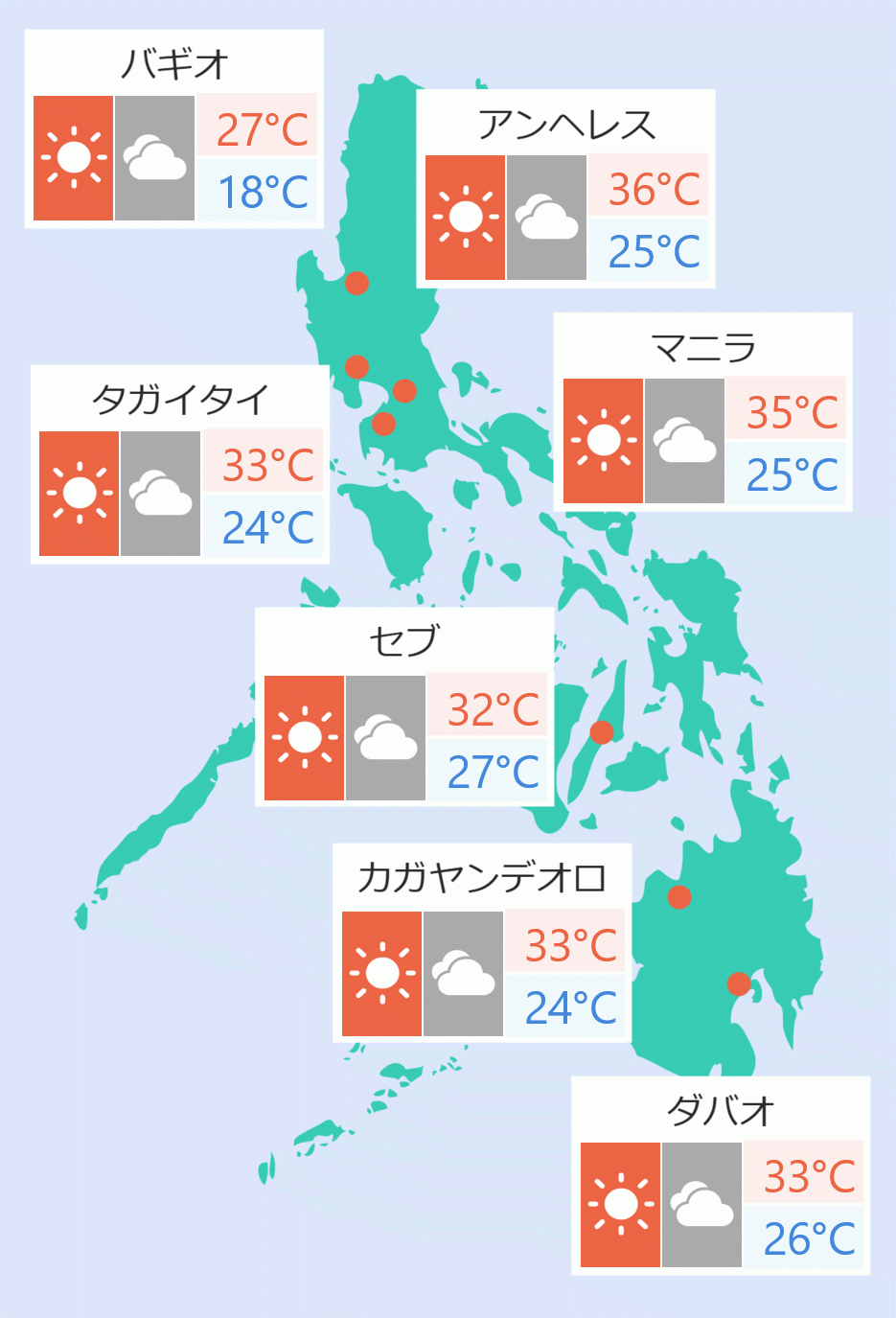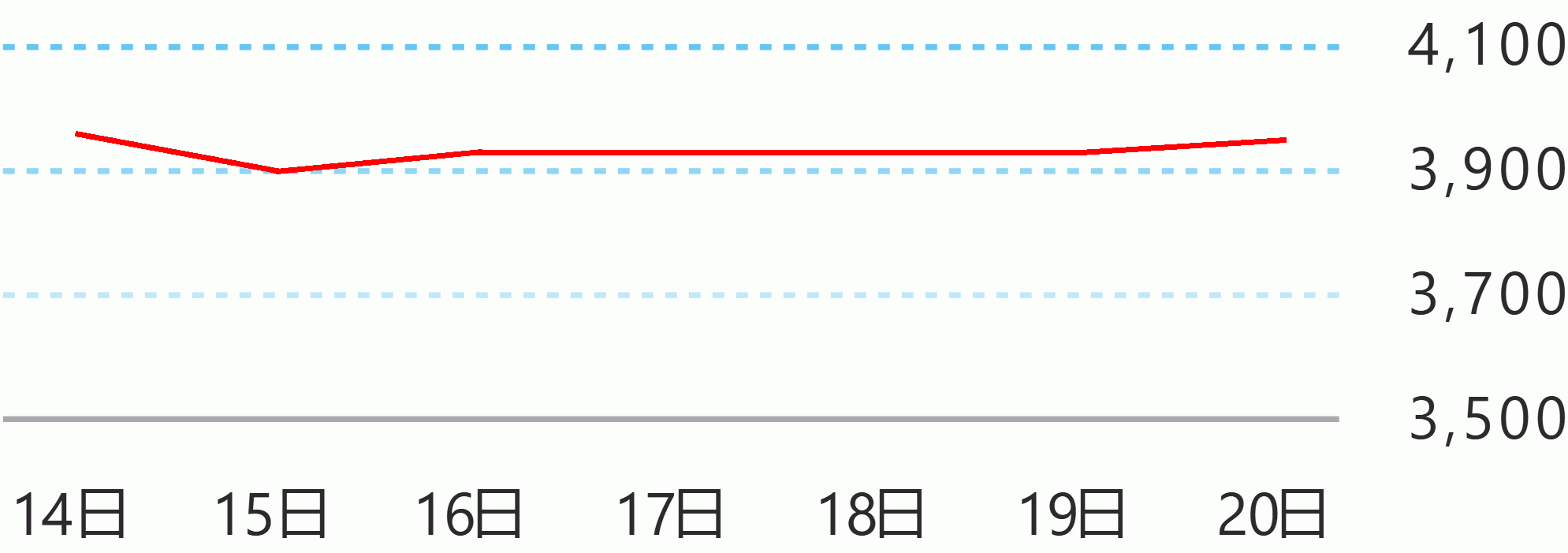Malacanang defended on Tuesday the designation of National Task Force Against COVID-19 Chief Implementer Carlito Galvez, a former military general, as the vaccine czar.
In a televised press briefing, Presidential Spokesperson Harry Roque said that the importation and distribution of COVID-19 vaccines once they are available would be more of a logistical challenge than medical.
"The vaccine operation will entail logistics. What we need is someone who has managerial skills and has experience in this kind of management processes," he said.
Since the Philippines is not manufacturing any COVID-19 vaccine, Roque said the government needs to prepare for cold storage facilities.
"So, it's more of a logistical challenge than a medical challenge...the only medical issue involved here is if the vaccine is safe and the FDA (Food and Drug Administration) will focus on that," Roque said.
Some quarters have been questioning the designation of Galvez, a former military man, who would negotiate for the vaccines and not someone from the medical field.
Roque said Galvez, being the NTF chief implementer, would also closely coordinate with the Department of Health and other concerned government agencies regarding the distribution of the vaccines.
In the same press briefing, Galvez expressed belief that with his training in the military, which was being an "integrator" and "catalyst," he could integrate the efforts of all the agencies in the government.
Since he was a former military chief, he said that he could easily make coordination with the Philippine National Police and Armed Forces of the Philippines.
"The President has mentioned that we will use the different camps and warehouses of the the Armed Forces for the storage and distribution of the vaccines," he said.
During the same press briefing, Galvez presented the Philippine National Vaccine Roadmap, which includes the scientific evaluation and selection; access and acquisition; procurement process; production, shipment, and storage; distribution and deployment; implementation and nationwide vaccination; and assessment, evaluation, and monitoring.
Under the plan, the government is eyeing to conduct the procurement, production, shipment and storage, among others during the first quarter of next year.
Asked if the government expects to have COVID-19 vaccine by the first quarter of next year, Galvez said, "Based on the report of our special task group on COVID-19 vaccine development, our earliest trial is may be December, at the same time (the vaccines) can be available, just in case the COVAX will become positive and at the same time the development of the leading vaccines, the earliest is March and May. That's their prediction."
Galvez also said that the government will conduct "diplomatic engagement" with some countries, such as Singapore and Japan since based on the briefing of the World Bank and Asian Development Bank, they were being eyed as the distribution and manufacturing centers for COVID-19 vaccines.
"So, we need to have diplomatic arrangements so that we could have some sort of equitable access to the vaccine that may be produced," he said.
Galvez also said that part of the terms of reference that the government would be negotiating with possible suppliers of the vaccines would be the provision also of the cold storage.
"Because if we are still to produce the cold storage, it will take time. So, there are existing companies that can provide the services," he said.
He also noted that the government is eyeing the cold chain facilities of some pharmaceutical companies in the country, such as Zuellig, which is also being used by the DOH in other vaccines.
As to the possible involvement of the local government units in the distribution of the vaccines, Galvez expressed belief that this would not be politicized.
He cited the coordination among the AFP, PNP and the LGUs in the peace and order councils.
"We can see there's no bias...the organization for the vaccine implementation is inter-agency. Majority of the information that we need and the implementation will be coming from the health sector and the LGUs," he explained. Celerina Monte/DMS





 English
English










